


Many people are attracted to the darker side of life. Long before Tom Cruise's portrayal of Lestat vampires were seen as suave, sexy, mysterious. Dark yet alluring. It's no surprise that vampire tattoos have grown in popularity in recent years.
Tattoos have been around for thousands of years. Initially they had very specific religious and cultural purposes, often denoting a person's status in the tribe. Nineteenth century royalty often had their coat of arms tattooed upon them. King George V of England, King Frederick IX of Denmark and King Alfonso XIII of Spain were among many monarchs to have themselves tattooed.
More personal tattoos, making an individual statement rather than a political or cultural one, came much later, after the cultural revolution of the sixties. Vampire tattoos speak volumes about the personality of the wearer. They portray themselves as 'creatures of the night' coming alive after the sun has set. They also show that they are aware that beauty can be found in the darker side of life.
There are many different types of design which can count as a vampire tattoo. Maybe you want a sexy vampire chick, draped in a slinky black velvet dress, blood trickling from her voluptuous lips down onto her milk-white neck? Or perhaps you're after a simpler design, a stylistic representation of vampire teeth, the merest hint of the ecstasy and terror that awaits all those who see such a sight close up. You don't have to want to suck blood to get a vampire tattoo but you do have to understand the appeal of these masters of the night.

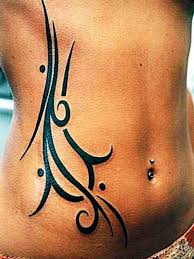
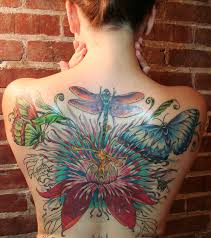

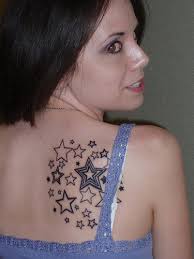


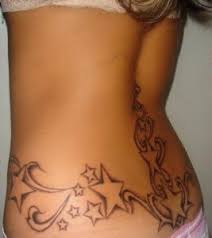
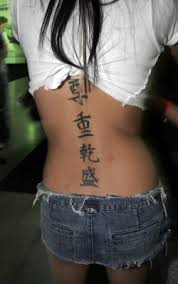

0 comments:
Post a Comment